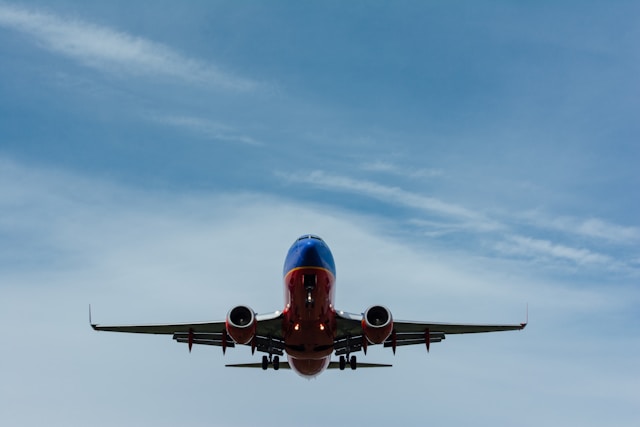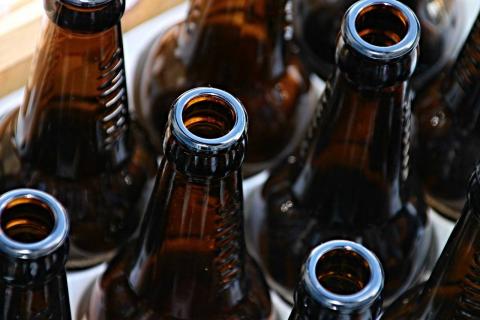Study warns of cardiovascular risks of drinking alcohol and sleeping in conditions comparable to airplane flight
Drinking alcohol and sleeping in hypobaric conditions - such as those of an aircraft cabin - could be a risk to cardiovascular health, a study warns. Researchers compared a group of 23 people sleeping in a laboratory with another group of 17 people sleeping in a high-altitude chamber, replicating conditions at about 2,400 metres above sea level. The combination of alcohol consumption and hypobaric hypoxia during the simulation "reduced sleep quality, challenged the cardiovascular system and led to extended duration of hypoxaemia," the authors state in the journal Thorax.

240604 alcohol avión Julián PV EN
Julián Pérez-Villacastín
Head of Cardiology at San Carlos Clinical Hospital and professor at Complutense University of Madrid
This is an ingenious study in which hypoxia at a mountain-like altitude of over 2,000 metres is combined with alcohol intake. It is true that the researchers observe alterations in oxygen saturation and heart rate. The study was carried out under conditions that can then be extrapolated to what happens in aeroplanes, on long night-time journeys when people can sleep for a few hours.
The aeroplane scenario is very special because of the anxiety, fear and specific circumstances that occur during long flights. It would be ideal to study the direct consequences that can affect health specifically during flights, and the reality is that there are not as many problems as might be suggested by studies such as this one.
240604 alcohol avión Esteban Ortiz EN
Esteban Ortiz Prado
Professor and researcher, Universidad de las Américas (Ecuador) and One Health research group leader
This experimental study was conducted in a simulated environment, which differs significantly from normal travel, where expectations and conditions vary. The study does not control for adaptation to altitude, as people living or born at high altitudes may have different responses to air travel. In addition, the reported abrupt oxygen desaturation is not usually evident in aircraft cabins, according to the existing literature. Previous studies have shown that flying for short periods or even up to 10 hours has no significant health effects in terms of oxygen saturation.
Regarding alcohol, the methodology of the study is based on a shot-type consumption, which can be more abrupt than the consumption of a glass of wine or a beer over the course of a longer flight. The study also excludes the diet factor, which can significantly influence the results. A person who has eaten before a flight may experience fewer adverse effects of alcohol due to slower absorption. Although a slight depression of the respiratory centre might be an expected physiological response, with the amounts of alcohol used in the study, I do not consider this to be as likely.
In summary, the findings are interesting and come from a well-conducted and controlled experimental model, but it is crucial to interpret them with caution. Taking this study out of context could cause unnecessary alarm among passengers, leading them to avoid moderate alcohol consumption during flights, when in fact, with proper nutrition, such moderate consumption should not pose a significant health risk.
Rabea Antonia Trammer et al.
- Research article
- Peer reviewed
- Experimental study
- People



